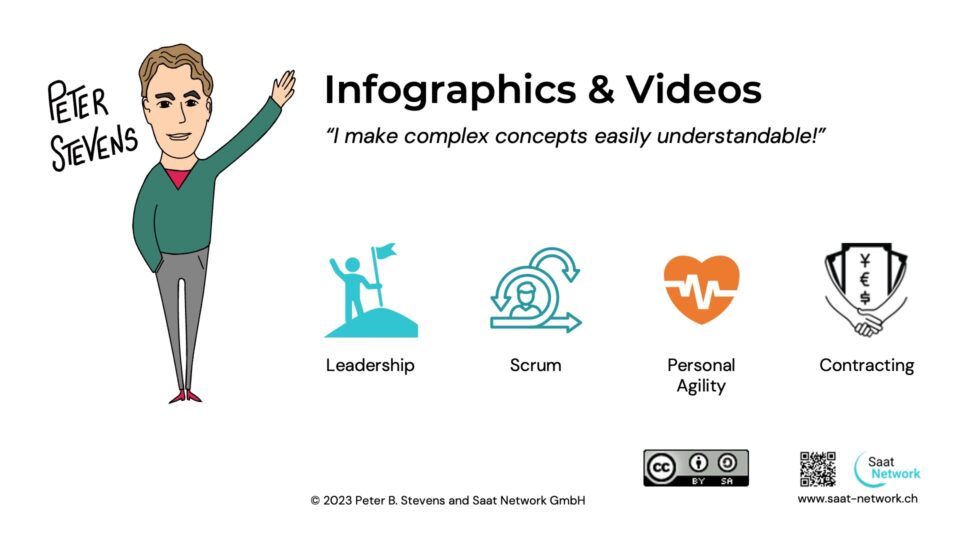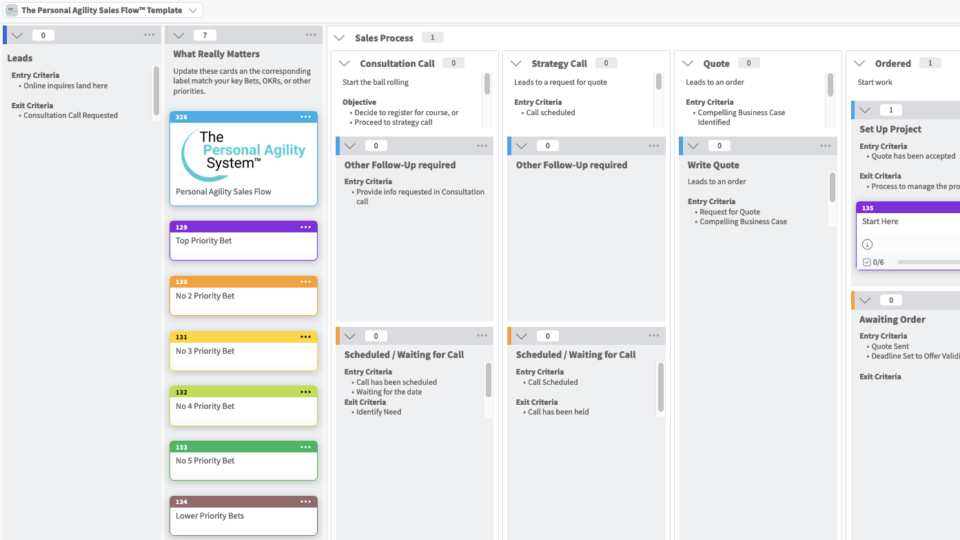Swisscom – On the Road to Good Profits?
19-08-2011Collaboration Work-Thru: Tapping the Knowledge of Your People
29-08-2011Scott Ambler recently launched (yet another) attack on the CSM program, pointing out the problems with the CSM program and the lack of identification and commitment of the CSM holders, and challenges the Scrum Alliance to do better.
As Ken Schwaber explained to me once over cheese fondue, the CSM program arose as a tactical response to a concrete problem. “My HR department will only pay for the training if it leads to a certification.” “OK, after the completing the course you’re a certified Scrum master.” The guy got his participation funded, and so the CSM was born.
Since then, the CSM Program has been very successful, but also a victim of its own success.
Those who say the glass is half full will argue this made it much easier to get people into Scrum trainings and disseminate the practice. Those who say the glass is half empty will argue that this was good for selling courses. The half-full types will now point out the positive effects of having a working business model behind spreading the philosophy. Half-empty: it created a monopoly of trainers, created a dogma around Scrum and much division in the Agile community.
None of these arguments are false. As a non-certified Scrum trainer, I see how much higher the demand is for the trainings from my CST partners, even though my prices are lower. I also see that the participants in a CSM course today, especially a company in-house course, are different then the people Schwaber was training.
Back then, the participants were evangelists and early adopters. I always thought the main purpose of a CSM course was to open your eyes to a new way of thinking about how to do projects. Peer-to-peer not command and control. The course opened a door, and most participants choose to go through it (or had already gone through it, and were looking for ways to bring the passion forwards).
The CSM was a good thing back then, but today most participants are somewhere between early and late majority, and some are even laggards. The volumes are much higher. The expectations on a ‘Certificate-holder’ are higher. A certification really needs to certify something, which is not possible in the scope of a two or three day course. So what to do? What would be useful to the participants, useful to the trainers, useful to the market, not encourage dogma or entrench monopolies, but still spread the word?
Branding is largely about recognition, people know what they want and how to ask for it. And CSM is also about recognition for the person who took the course. As a CSM, I have better chances of being employed. The conflict arises when the “certification” promises something it can’t really deliver. (And despite Ken Schwabers claims to the contrary, I don’t believe passing a written test on juggling proves you can in fact juggle).
What is the alternative? Recognition and Commitment.
‘Recognized’ simply means that you have done something which the community considers significant to learn about Scrum, e.g. taken a course (e.g. from a recognized Scrum trainer) or passed a test (sponsored by a recognized organization) or perhaps even some form self study. Important is that some sort of community (which itself is recognized) recognize validity of the effort.
‘Committed’ means that you really believe in the values and principles of Scrum. This could be demonstrated by signing a public affirmation that you really believe in Scrum. This could be like signing the Agile Manifesto, but I would have a weakness for paper and pen – a real signature.
So if you take a Scrum Master course, and sign the affirmation, you would become a ‘Recognized and Committed Scrum Master’ or perhaps ‘Recognized and Committed Scrum Journeyman’. Through experience, training, contributions to the community etc, you could qualify for higher levels of ‘Recognized and Committed.’
I think this approach would be a truer statement about what each individual has achieved. It would be something that customers and employers could ask for: ‘e.g. I want a Recognized and Committed Scrum Practitioner.’ People who don’t believe in Scrum would not sign the commitment. They might be Recognized, but not Committed.
Since nothing is being “certified,” I think this approach will be less subject to dogma and monopoly. Certainly the people who bootstrap the recognition process will need to create an ‘open DNA’ and enable multiple paths to ‘Recognition.’ At the same time, some form of trademarking will be necessary, so that ‘Recognized and Committed Scrum Masters’ actually have been recognized as Scrum Masters and have actually committed themselves to the values and principles of Scrum.
Postscript: ‘Recognized and Committed Scrum Master’ could become ‘Recognized CSM’, a convenient backronym.




